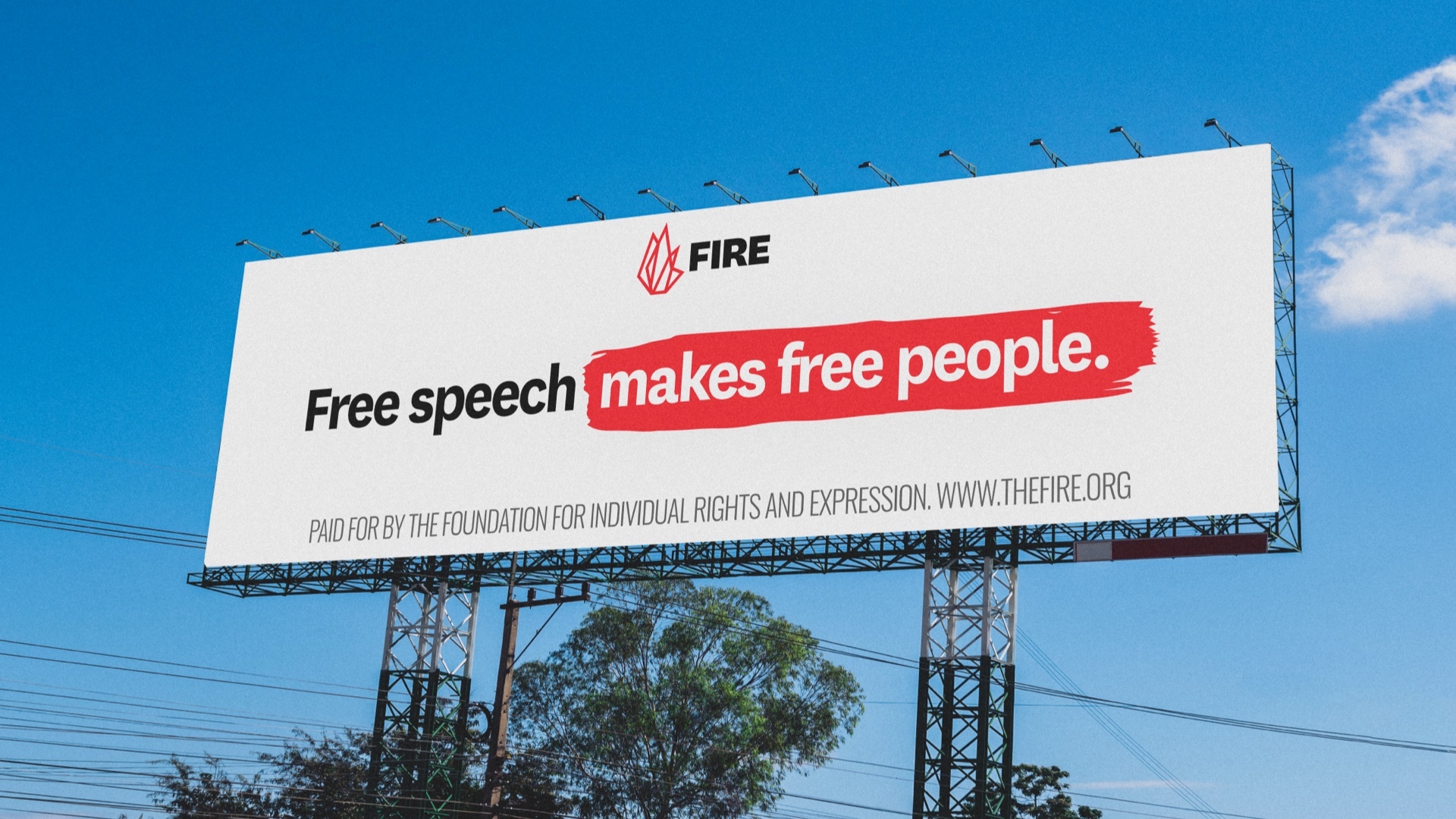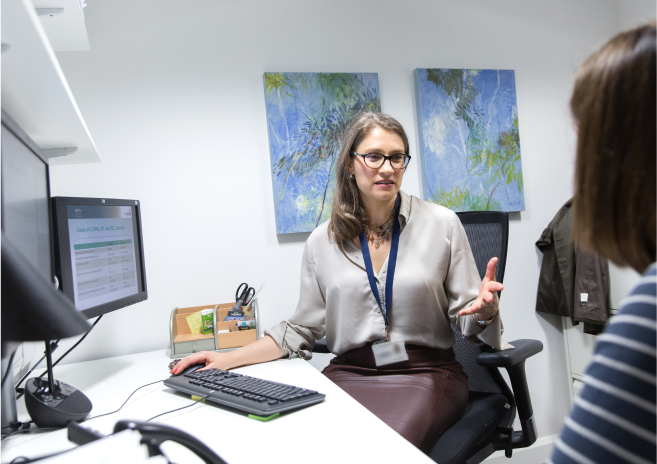Creating Safe Environments for People to Pursue their Dreams

1. Introduction
No child, anywhere, should be afraid to walk to school or play outside. A safer city attracts more families and better jobs and provides a better quality of life for all. I am proud to support the University of Chicago Crime Lab, whose programs have had a powerful impact on reducing violent crime. I hope this initiative inspires other leaders to join in.
Introduction
In 2017, Roseanna Ander, the executive director of the Crime Lab at the University of Chicago, attended a talk given by Citadel founder and CEO Ken Griffin. During the Q&A session, after Griffin had fielded numerous queries about markets and the business world, Ander posed a very different kind of question.
The City of Chicago, she observed, had experienced a huge surge in gun violence in 2016, with more than 4,000 shootings and 762 homicides, a 59% increase over the previous year and more murders than New York and Los Angeles combined—a tragic reality that felt, Ander said, “like an existential threat to the future of the city.” “I asked him, ‘What is the role of the private sector and the business community to help our city make progress?’” she recalled. “He gave a very thoughtful answer. He made the case that we’re spending a lot of time in our criminal-justice system incapacitating people, but not really investing in human capital—in better policing and in evidence-based social programs—to prevent crime in the first place.”
After the event, Griffin invited Ander to speak to his team because, she said, “Ken wanted to make sure they had the best available data and evidence to understand the problem and to evaluate possible solutions.”
“We talked about the different levers to address public safety. A huge lever—one that most traditional philanthropy was not engaging in—was around how you improve the…effectiveness of policing.”
At the meeting, Ander and her colleague, University of Chicago economist Jens Ludwig, made a compelling case. Unlike car crashes, heart disease, or other leading causes of death where research and better evidence have driven huge progress over the last 50 years, as a society we have made almost no equivalent long-term progress on reducing the homicide rate. In fact, there is a profound lack of evidence-based and data-driven efforts to understand the problem of violent crime and implement and evaluate effective solutions.
To address that gap, the University of Chicago founded the Crime Lab in 2008. Housed within the Harris School of Public Policy, the Crime Lab sought to leverage the extraordinary resources of the University of Chicago, renowned for its intellectual rigor and home to more Nobel Prize winners than nearly any other institution on earth, to tackle the most socially costly challenges facing America’s cities.
“How do we unleash that incredible potential and apply it to real-world challenges, like gun violence, public safety, social mobility, and education?” Ander asked. “How can we use the tools and skills of a place like University of Chicago to make progress on those most pressing challenges?”
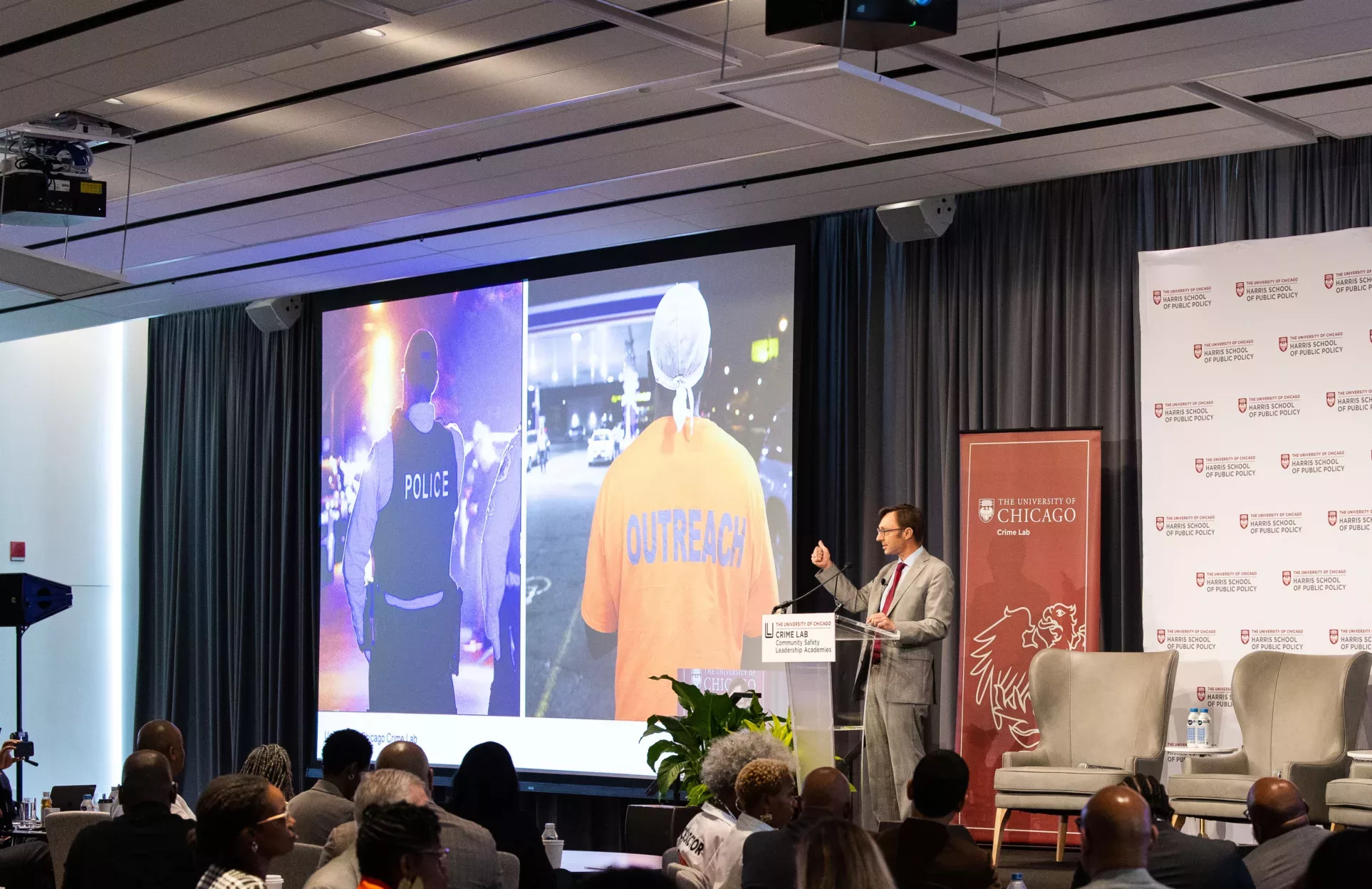
Putting Ideas into Action
In April 2018, Griffin Catalyst provided $10 million to the Crime Lab to support a number of new initiatives to leverage data and technology to help police leaders more effectively deploy officers and reduce crime—including the creation of several Strategic Decision Support Centers (SDSCs).
Piloted in the highest-violence neighborhoods, the SDSCs brought together University of Chicago data scientists with police officers, captains, and commanders to provide real-time analysis, automation, and new technology, enabling the department to better focus resources on the most serious violence, make data-driven deployment decisions, and hold themselves accountable.
Drawing on techniques that had already proved effective in New York and Los Angeles, the new approach began to significantly enhance policing in Chicago. “That $10 million,” Ander explains, “was a big investment in teaching the Chicago Police Department how to be much more data-driven and to do what is considered ‘precision policing’ as opposed to ad hoc patrolling—using data to understand where resources were needed, holding the department accountable for outcomes, and reducing violence.”
“Many implicitly assume police departments cannot change in ways that improve fairness without compromising effectiveness—but the evidence tells a different story. It’s not an ‘either-or' proposition, it is a ‘both-and' scenario. ”
The results came quickly. In the first year alone, shootings in Englewood, one of the most violent districts, fell by an astonishing 44% and homicides by an equally remarkable 45%.
“I think it’s made a huge difference already. Officers are more engaged, more involved across the department—from patrol cops to narcotics to gang crime. I think we needed a different perspective. ”
Using the staggered rollout of the first SDSCs, the University of Chicago researchers were able to identify what was driving the early impacts: the improvement in management quality within districts significantly increased the productivity and effectiveness of policing.
Importantly, the reductions in violence had come without an increase in police themselves or in arrests. This precision policing approach instead enabled law enforcement to focus their work on the specific people and places driving violence. Ander explained, “It was better, data-driven management and leadership… What we started to see was the community being much more engaged and feeling a sense of optimism they had not felt in a very long time.”
If implemented with fidelity, this intervention, which cost a tiny fraction of the department’s annual budget, had the potential to significantly improve safety without an increase in arrests.
“In law enforcement, we’ve pretty much been doing the same thing for decades. It’s because of the innovation that comes out of Crime Lab that we may be able to significantly improve the work of public safety officers all across the United States of America. ”
Improving Clearance Rates for Violent Crime
Griffin Catalyst’s support also enabled the Crime Lab and the Chicago Police Department to partner on a new effort to improve Chicago’s clearance rates, a figure that captures the percentage of cases in which an arrest is made. New Area Technology Centers (ATC) were launched across the city, leveraging technology and data analysis to try to solve the most serious violent crimes and clear cases.
In one striking example, members of the Bureau of Detectives, aided by ATC members, were able to identify and arrest the perpetrators of the especially tragic murder of an eight-year-old girl, who was shot and killed while walking down the street with her mother. Canvassing the neighborhood for private video from residents and businesses, the ATC located 20 pieces of evidence, then employed new video forensic tools and software to identify the make, model, and license plate number of the suspects’ car.
Using ATC technology, detectives used the vehicle’s GPS location data, which eventually led to video evidence of two shooting suspects at a restaurant, clearly visible without masks. Additional evidence from the suspects’ cell phone usage helped convict the men. While the effort could not bring back the little girl, in the community it sent a strong signal that, with the aid of advanced technology, those perpetrating violent crimes would be identified and brought to justice. With the support of the ATCs, in 2021 the department cleared the greatest numbers of murders in a single year in two decades; the ATCs have been instrumental in nearly every murder conviction in Chicago since their launch.
“As the Chief of Detectives, I saw firsthand the devastating impact that gun violence has on families and communities. Ken’s transformational investment in the University of Chicago Crime Lab—and its work with the Chicago Police Department—enabled us to save lives and bring closure to those who had lost loved ones.”
These early pilot results were encouraging, and Griffin knew even more was needed to drive toward long-term, sustained impact in communities facing cycles of violence—including testing this approach in additional cities and finding ways to both sustain impact over time and insulate departments from the changing priorities and whims of political actors.
Through a new partnership that Griffin Catalyst is developing with Miami-Dade County and the City of Miami, this model of precision policing is now expanding with the goal of better leveraging technology to simultaneously reduce violence and more efficiently deploy law enforcement personnel.
The Crime Lab also recognized that implementing these data-driven management practices requires a new kind of officer training, and so launched a new initiative to broaden this work nationally, addressing one of the most fundamental challenges facing law enforcement today: the need for more high-quality leadership training among mid-level captains and commanders.
“Corporations send billions of dollars to further educate their employees. They send them to management or business schools because they're investing in professional development...The training of managers is critically important because it's a different kind of job...It's a management job. You are in charge of people.”
Driving National Impact
In 2021, the Crime Lab came to Griffin Catalyst with a proposal to establish a pair of first-of-their-kind public safety training institutions that will work in tandem to train future leaders from across the country—and, importantly, rigorously evaluate the impact of this training through a national, multi-city, randomized, and controlled trial. The new national initiative would embrace insights and innovations in leadership and management, data and technology, and behavioral health to support safer communities through two new leadership academies: one to train police captains and commanders, and one for community violence intervention (CVI) leaders from across the country.
In May 2022, in partnership with the Crime Lab and the U.S. Department of Justice, Griffin Catalyst helped launch the Community Safety Leadership Academies at the University of Chicago, supported by a $25 million gift.
Located at the University of Chicago, the academies offer state-of-the-art, complimentary training programs for police and non-police professionals on the front lines of violent crime prevention.
As Ander put it, “This has the potential to be impactful in the near-term for communities that have shockingly high rates of gun violence, and in the longer-term for our cities and the nation as a whole. It also has the potential to be very impactful for the men and women who go into policing for all the right reasons.”
In May 2023, the Policing Leadership Academy launched its first cohort of 25 rising police leaders from across the country for a 6-month training program on leadership, data-driven management, and violence reduction. This first cohort is tasked with managing many of America’s highest violence police districts, collectively serving cities comprising over 20% of homicides in America. The first cohort will graduate from the academies in late 2023, returning to their home cities to implement these new approaches with the goal of saving lives.
“We cannot be competitive as a nation if our communities aren’t safe and if we can’t attract talent to our cities—the economic engines for our country. ”
